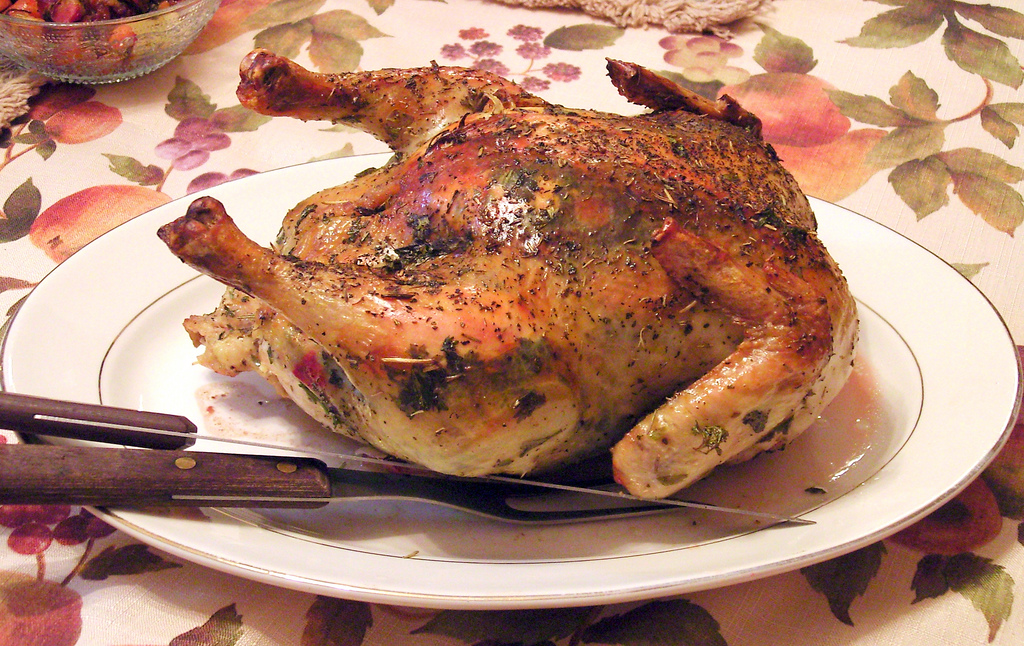
COOK Alliance / Sika Gasinu
This is the web version of a list we publish twice-weekly in our newsletter. It comprises the most noteworthy food stories of the moment, selected by our editors. Get it first here.
Dinner at the residence. Truman served Fritos. Clinton dug partridge breast. And everyone from LBJ to G.H.W. Bush served jellied lobster. Foreign Policy has compiled the vast majority of menus for White House state dinners served over the last 80-odd years, and the results—mapped onto interactive graphics for easy browsing—show a country that’s come a long way from “terrapin with cornbread sticks.”
Home cooking. When California passed its Homemade Food Operations Act last fall, it was widely touted as a win for people who hoped to sell food out of their own homes, members of the “informal food economy.” As we reported in September, one poll estimated the legislation would primarily benefit women and immigrants, mostly people with a household income less than $45,000. Yet new reporting from The Los Angeles Times suggests the law might actually mean more for the tech platforms hoping to disrupt home cooking than for the people making dumplings. This shouldn’t be a surprise: As we pointed out last year, the law was partly written by the co-founders of a “gig-based meal sales company that raised millions in venture capital.” The Uber of food, indeed.
Nothing natural. A mega-corporation looks to move into town, promising jobs and economic opportunities if the government sweetens the deal. Activists raise hell at town halls and board meetings to fend off their arrival. Can you even imagine? Stacy Mitchell, an outspoken Amazon critic, talks to reporter Leah Douglas about activism in rural America—particularly when it comes to the environmental side effects of factory farming—as part of a wide-ranging conversation about corporate consolidation.
What’s in a name? Danone, the international food giant that’s recently branched out into plant-based drinks and smoothies, says its dairy substitutes are “milk.” Chobani, meanwhile, says that term should be reserved for dairy products—like, for example, its sagging lines of Greek yogurts. That’s according to comments the rival yogurt companies submitted to the FDA, Food Dive reports.









